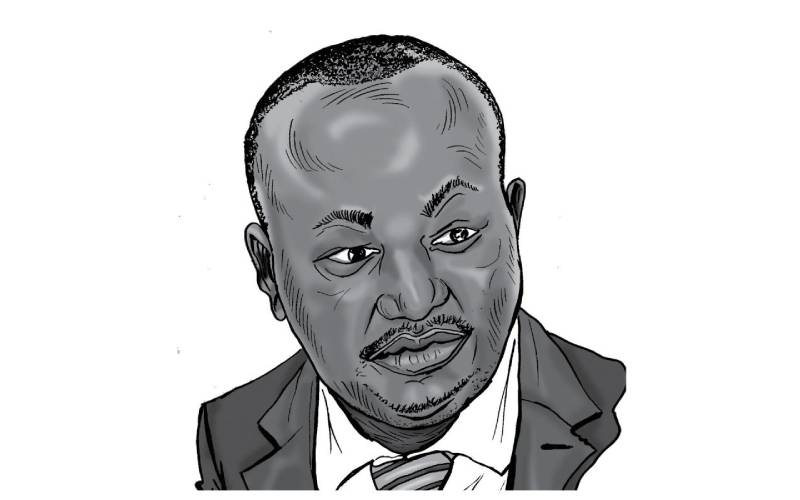×
The Standard e-Paper
Join Thousands Daily

I cannot say how it felt when I walked into then Editorial Director Wachira Waruru’s office in 2002, trembling.
“How you could allow such bilge into your newspaper is frightening. It was a tragic example of how not to.”